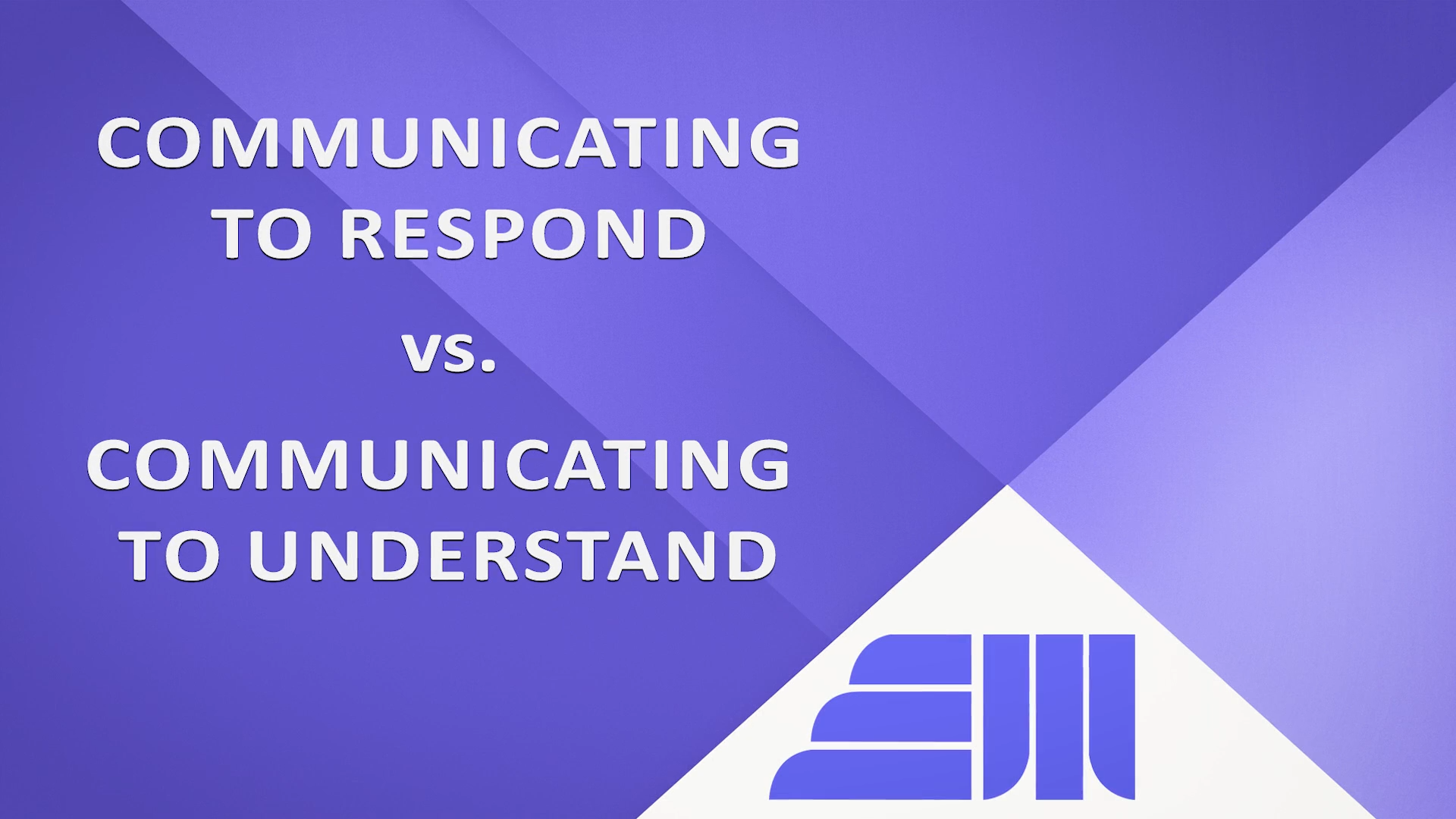
Distinguish Your Leadership with the Combination of Passion and Compassion
Being a passionate leader is no longer enough. Great leaders balance fire with empathy, drive with discernment, and urgency with understanding...

Founder
By Gerald Parsons • Jan 25, 2025
Effective communication is the lifeblood of healthy relationships, be they professional or personal. However, there are moments when conversations take a sharp turn into confrontational territory, bringing with them heightened emotions, defensive postures, and, in some cases, feelings of betrayal. Understanding the dynamics of confrontational communication and the underlying impact of relationship betrayal is critical for preserving and, in some cases, repairing valuable connections.
Confrontational communication occurs when parties engage in direct, often emotionally charged discussions about issues of contention. These interactions may stem from disagreements, unmet expectations, or perceived slights. While confrontation is often seen as negative, it is not inherently so. When handled constructively, confrontations can clarify misunderstandings, establish boundaries, and lead to stronger relationships.
However, confrontational communication becomes destructive when it devolves into personal attacks, blame-shifting, or an unwillingness to listen. This shift not only impairs the conversation but also plants seeds of resentment that can grow into a deeper issue: relationship betrayal.
Relationship betrayal is a profound violation of trust and expectations within a connection. In personal relationships, this could manifest as infidelity, dishonesty, or neglect. In professional settings, betrayal might look like undermining a colleague, withholding crucial information, or failing to support a team member in a critical moment.
What makes betrayal particularly damaging is its erosion of psychological safety—the feeling that one can be open, authentic, and vulnerable without fear of judgment or harm. Once psychological safety is compromised, rebuilding trust becomes an uphill battle.
Confrontational communication can be a double-edged sword in the context of betrayal. On one hand, it provides an opportunity to address and potentially resolve the betrayal. On the other hand, if not handled delicately, confrontation can exacerbate feelings of hurt and deepen the rift.
For instance, imagine a situation where an employee confronts a manager about a perceived betrayal—perhaps a promise of a promotion that never materialized. If the manager dismisses the employee’s concerns or shifts blame, the confrontation may solidify the betrayal rather than mend it. Conversely, if the manager approaches the discussion with empathy, transparency, and accountability, the confrontation can serve as a turning point for repairing the relationship.
To navigate confrontational communication effectively, especially in the shadow of betrayal, consider the following strategies:
Repairing a relationship after betrayal requires patience, commitment, and a willingness to engage in difficult but necessary conversations. Here are key steps to facilitate healing:
At Esek Minds, we advocate for the principle of Relationship Equity—the value derived from fostering meaningful, authentic connections. Relationship Equity emphasizes building bridges rather than walls, even in the face of confrontation or betrayal. By prioritizing mutual respect and collaboration, individuals and organizations can navigate challenging interactions with greater resilience and grace.
In conclusion, confrontational communication and relationship betrayal are inevitable aspects of human interaction. However, with the right tools and mindset, these challenges can become opportunities for growth and deeper connection. By approaching confrontation with empathy and a solutions-oriented perspective, we can transform even the most difficult conversations into stepping stones toward stronger, more equitable relationships.

Being a passionate leader is no longer enough. Great leaders balance fire with empathy, drive with discernment, and urgency with understanding...

Founder

When communication breaks down, so does trust. And when trust disappears, so does engagement, performance, and retention...

Founder

In todays rapidly evolving business landscape, organizations are increasingly recognizing that their most valuable asset isn't their technology, infrastructure, or even their intellectual property—it's their human capital.

Founder